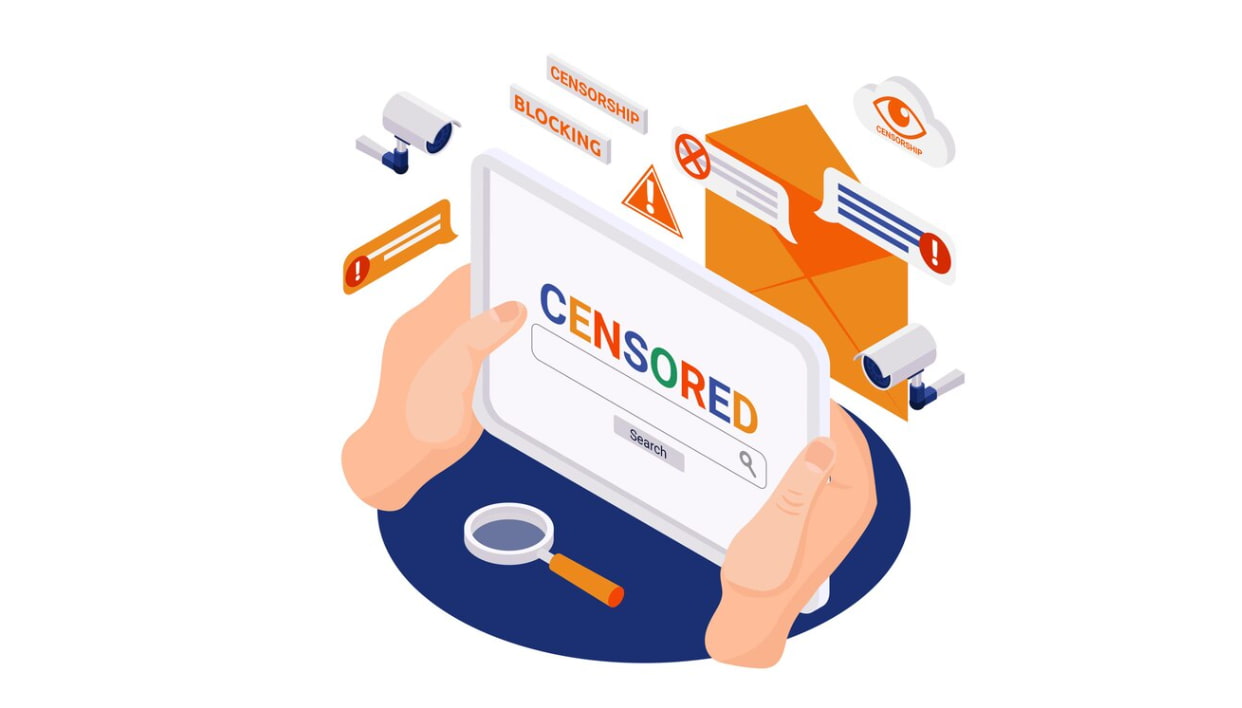Ghostwriting has become a widespread practice across industries, from literature and academia to corporate and digital content creation. It allows individuals, professionals, and businesses to share their expertise, stories, or research without the burden of writing. However, ghostwriting raises an important ethical question: who is the real author of the work? As ghostwriters remain invisible, the credited authors reap the recognition and rewards. The ethical debate surrounding ghostwriting involves issues of transparency, originality, and intellectual property. Services like Ghostwriter Texte help bridge the gap between content creation and authenticity, offering professional writing support while maintaining ethical considerations. This article explores the ethics of ghostwriting, examining its implications in different fields and the factors that define fair and responsible ghostwriting.
Understanding Ghostwriting and Its Purpose
Ghostwriting is a professional service where a writer creates content for another individual or organization without receiving public credit. The credited author may provide ideas, outlines, or raw drafts, but the ghostwriter refines and polishes the final version.
Common Types of Ghostwriting
- Books and Autobiographies – Many celebrities, executives, and politicians use ghostwriters to craft their memoirs.
- Academic and Research Papers – Scholars and students may seek ghostwriting services for research-heavy documents.
- Corporate Content – Businesses hire ghostwriters for reports, blog posts, and branding materials.
- Speechwriting – Politicians and public figures rely on ghostwriters for impactful speeches.
- SEO and Digital Content – Many online articles and web content are ghostwritten to optimize engagement and search rankings.
- Technical Writing – Many industries require detailed documentation, including manuals, guidelines, and white papers, which ghostwriters specialize in creating.
- Scientific Publications – Researchers often seek assistance in articulating complex findings in a more accessible manner.
The Ethical Dilemmas of Ghostwriting
1. Authorship vs. Contribution
One of the main ethical concerns is whether the credited author truly deserves recognition. If a ghostwriter does the majority of the writing, should the credited author be acknowledged as the sole creator?
2. Transparency and Disclosure
Some believe ghostwriting should be disclosed, ensuring transparency in authorship. Others argue that as long as the content reflects the client’s ideas and intentions, full disclosure is unnecessary.
3. Plagiarism and Intellectual Property
A key ethical concern is ensuring originality in ghostwritten content. Services like Plagiatsprüfer help verify authenticity, preventing plagiarism and maintaining academic and professional integrity.
4. Academic Integrity
Ghostwriting in academia raises the question of fair representation. If a student or researcher submits ghostwritten work as their own, does it undermine the credibility of academic institutions?
5. Moral Responsibility in Journalism and Politics
In journalism and politics, ghostwriting can be particularly controversial. Public figures and journalists often rely on speechwriters and ghostwriters for opinion pieces, which raises concerns about transparency, political bias, and accountability.
The Role of Ghostwriters in Professional Writing
Ghostwriters are more than anonymous writers; they are skilled professionals who refine and structure ideas into compelling narratives. Their role varies depending on the level of input provided by the credited author.
Ghostwriter Responsibilities:
- Understanding the client’s vision and voice.
- Conducting research to maintain accuracy.
- Ensuring originality and ethical integrity.
- Maintaining confidentiality and discretion.
- Adapting to different writing styles and tones based on client requirements.
- Staying updated with industry trends to ensure relevance and credibility.
Ethical Guidelines for Responsible Ghostwriting

1. Establish Clear Agreements
Ghostwriting contracts should outline ownership rights, confidentiality clauses, and ethical boundaries.
2. Ensure Client Involvement
The credited author should contribute ideas and feedback to maintain authenticity.
3. Avoid Misrepresentation
Ghostwritten work should not be used dishonestly, especially in academic and research settings.
4. Maintain Originality
Using plagiarism-checking tools and citing sources properly upholds ethical writing standards.
5. Ethical Compensation Practices
Ghostwriters should receive fair compensation for their work, reflecting their expertise and effort.
The Future of Ghostwriting Ethics
As ghostwriting becomes more prevalent, ethical standards are evolving. Industry regulations, AI-driven content verification, and greater transparency may reshape how ghostwriting is perceived in different fields.
1. Increased Transparency
With growing concerns about misinformation, there is a rising demand for more transparency regarding ghostwritten content, particularly in journalism, politics, and academia.
2. AI’s Role in Ghostwriting
Artificial intelligence is changing how ghostwriters work, assisting in content generation and editing. However, ethical concerns about AI-generated content and originality are likely to be debated in the coming years.
3. Ghostwriting in Social Media and Influencer Marketing
With the rise of influencers, ghostwriting is playing a bigger role in shaping personal brands. Ethical considerations about authenticity in social media content will continue to evolve.
Conclusion
Ghostwriting remains an invaluable service, allowing individuals and businesses to produce high-quality content efficiently. However, ethical concerns surrounding authorship, transparency, and originality must be addressed. Services like Ghostwriter Texte and Plagiatsprüfer contribute to ethical writing practices, ensuring fair representation and authenticity. By fostering ethical ghostwriting standards, the industry can continue to thrive while maintaining trust and integrity in content creation. The future of ghostwriting will likely involve more transparency, technological advancements, and ethical considerations, ensuring that both ghostwriters and credited authors uphold professional integrity while creating meaningful and impactful content.




